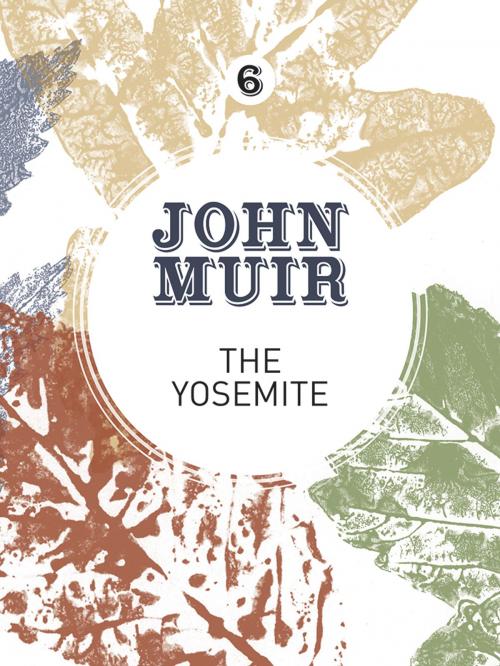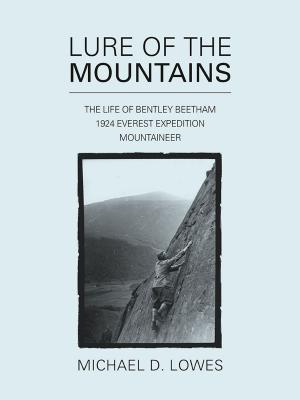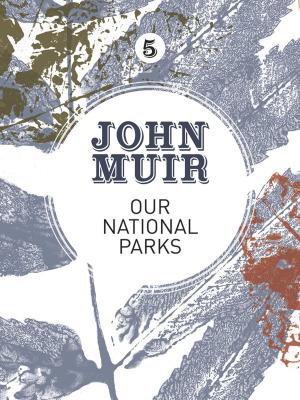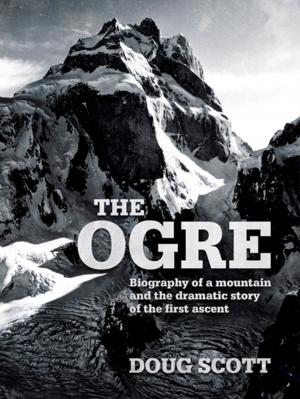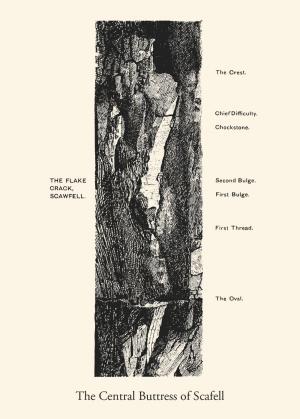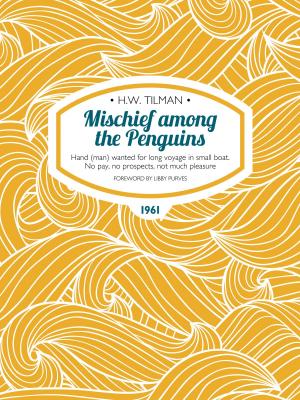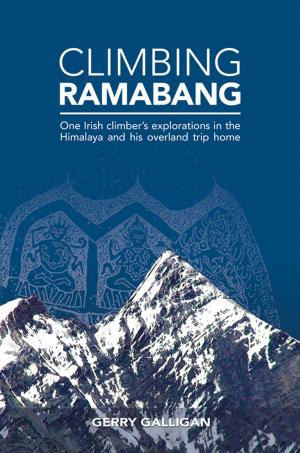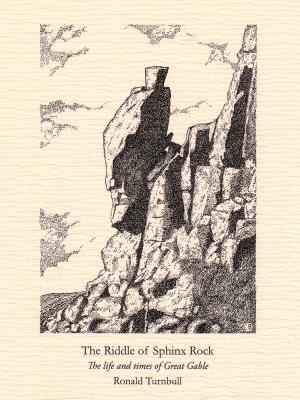The Yosemite
John Muir's quest to preserve the wilderness
Nonfiction, Science & Nature, Nature, Environment, Mountains, Science, Biological Sciences, Botany, Environmental Conservation & Protection| Author: | John Muir | ISBN: | 9781911342113 |
| Publisher: | Vertebrate Publishing | Publication: | October 23, 2017 |
| Imprint: | Vertebrate Digital | Language: | English |
| Author: | John Muir |
| ISBN: | 9781911342113 |
| Publisher: | Vertebrate Publishing |
| Publication: | October 23, 2017 |
| Imprint: | Vertebrate Digital |
| Language: | English |
‘All these colours, from the blue sky to the yellow valley smoothly blending as they do in a rainbow, making a wall of light ineffably fine.’
Having spent significant time obsessively exploring and learning about the Sierra, John Muir’s passion for and belief in preserving the wilderness steadily grew. He believed that excessive grazing and logging would result in its eventual destruction, and so campaigned to designate the area as a protected national park.
In 1890, the US Congress passed the National Park Bill, and the Yosemite and Sequoia national parks were established. At the time of writing, Muir’s views on conservation of the wilderness were totally radical; today, environmental activists are too often brushed aside in favour of something faster, easier, and cheaper.
Muir not only educates us in the particulars of the botanicals of this spectacular landscape, but also inadvertently traps us in his web of enthusiasm for the beauty and significance of Mother Nature. The Yosemite gives us the tools to construct a detailed mental map of the Sierra, and leaves us with the resolution to be more compassionate and environmentally mindful.
First published in 1912, and with a new introduction from Muir authority Terry Gifford, the message in The Yosemite is perhaps more pertinent now than it ever was. There is a lot to thank Muir for, not least opening our eyes to the earth beneath our feet.
‘All these colours, from the blue sky to the yellow valley smoothly blending as they do in a rainbow, making a wall of light ineffably fine.’
Having spent significant time obsessively exploring and learning about the Sierra, John Muir’s passion for and belief in preserving the wilderness steadily grew. He believed that excessive grazing and logging would result in its eventual destruction, and so campaigned to designate the area as a protected national park.
In 1890, the US Congress passed the National Park Bill, and the Yosemite and Sequoia national parks were established. At the time of writing, Muir’s views on conservation of the wilderness were totally radical; today, environmental activists are too often brushed aside in favour of something faster, easier, and cheaper.
Muir not only educates us in the particulars of the botanicals of this spectacular landscape, but also inadvertently traps us in his web of enthusiasm for the beauty and significance of Mother Nature. The Yosemite gives us the tools to construct a detailed mental map of the Sierra, and leaves us with the resolution to be more compassionate and environmentally mindful.
First published in 1912, and with a new introduction from Muir authority Terry Gifford, the message in The Yosemite is perhaps more pertinent now than it ever was. There is a lot to thank Muir for, not least opening our eyes to the earth beneath our feet.
